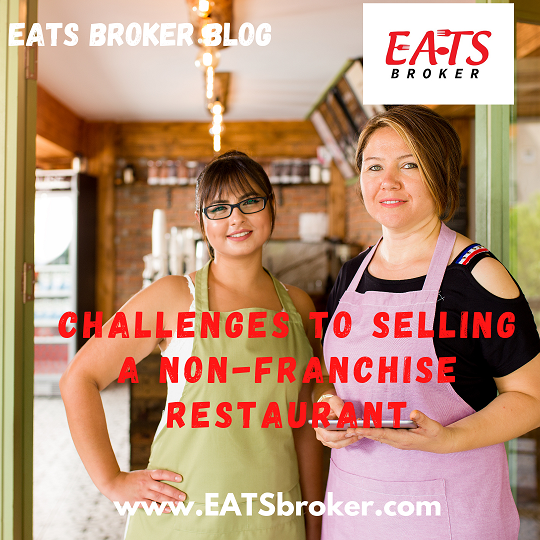
Challenges to Selling a non-franchise Restaurant
The Challenges to Selling a non-franchised restaurant differ from those selling a franchise brand. Restaurants that are Franchises are out selling independently owned restaurants for

The Challenges to Selling a non-franchised restaurant differ from those selling a franchise brand. Restaurants that are Franchises are out selling independently owned restaurants for
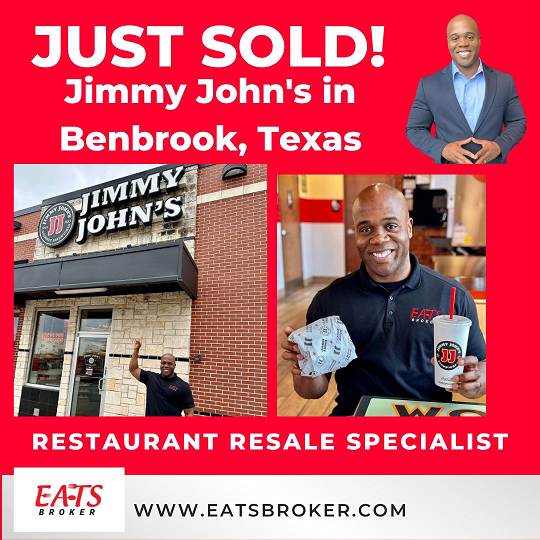
Restaurant Broker Dominique Maddox of EATS Broker sells Jimmy John’s in Benbrook, Texas. EATS Broker represented the seller and buyer for this transaction. The buyer
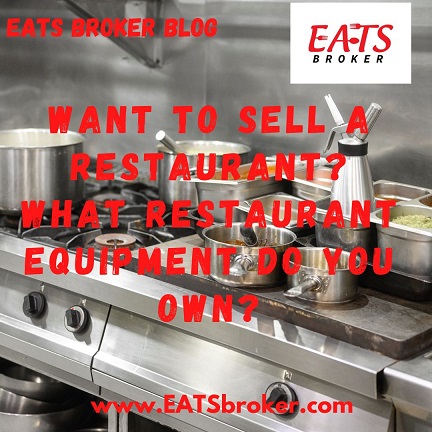
Want to sell your restaurant, and it’s time to create an equipment list? What Restaurant equipment do you own as a restaurant owner? This seems
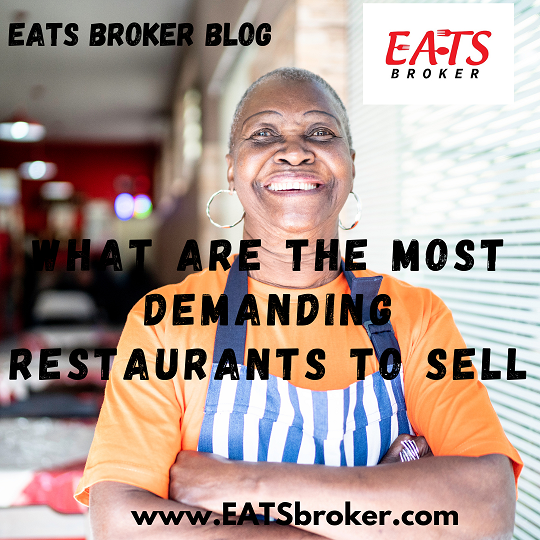
The most demanding restaurants to sell fall into three categories. Chef-driven restaurants, BBQ restaurants, and unprofitable restaurants or new openings. All three types of restaurants
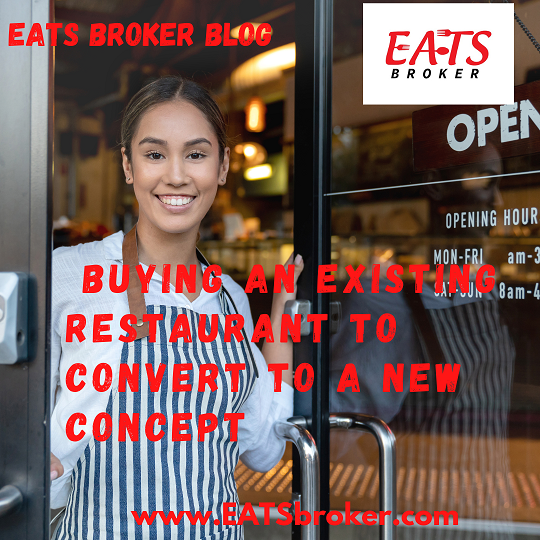
Buying an existing restaurant to convert to a new concept is an excellent way for a non-experienced restaurant owner and an experienced restaurateur to become

© Copyright 2025 EATS Broker | Consumer Protection Notice | Information About Brokerage Services